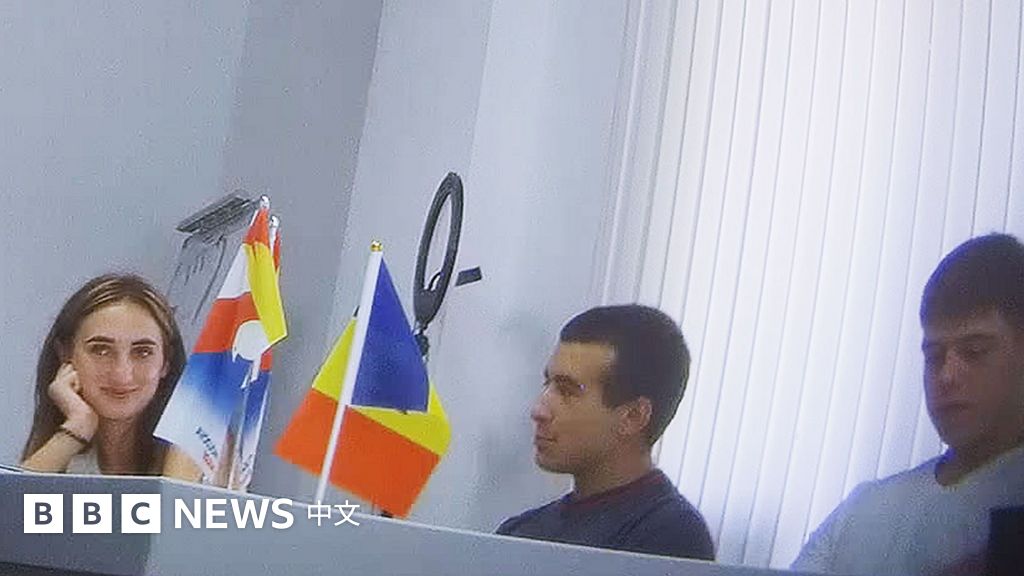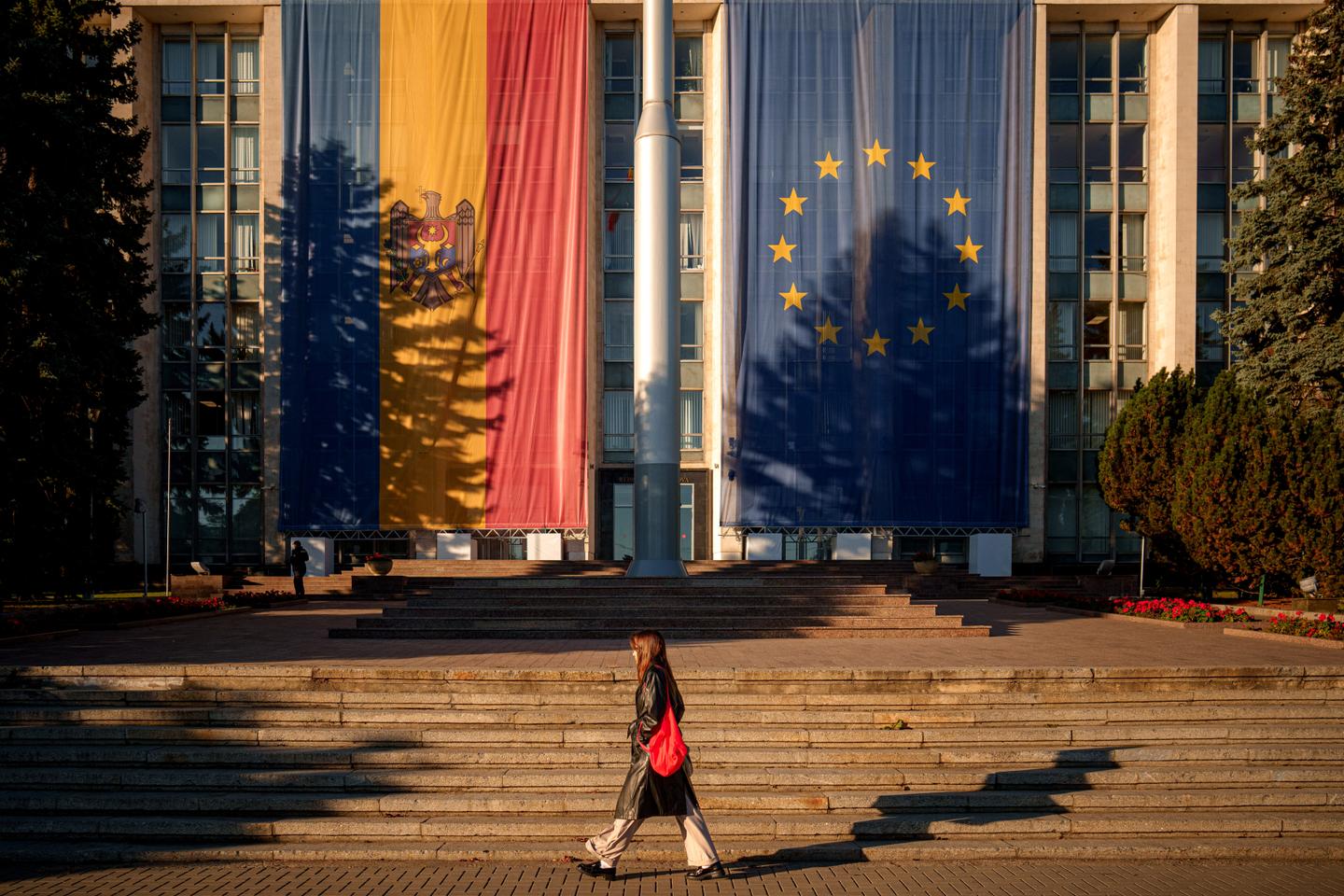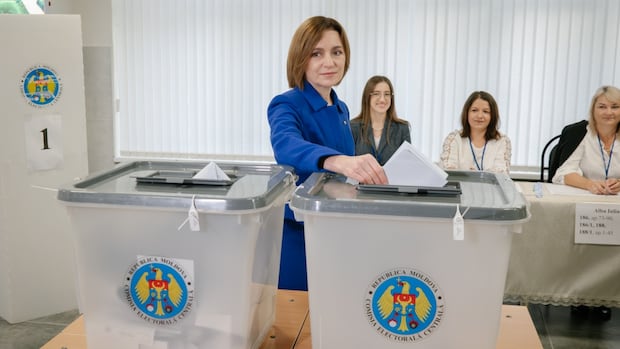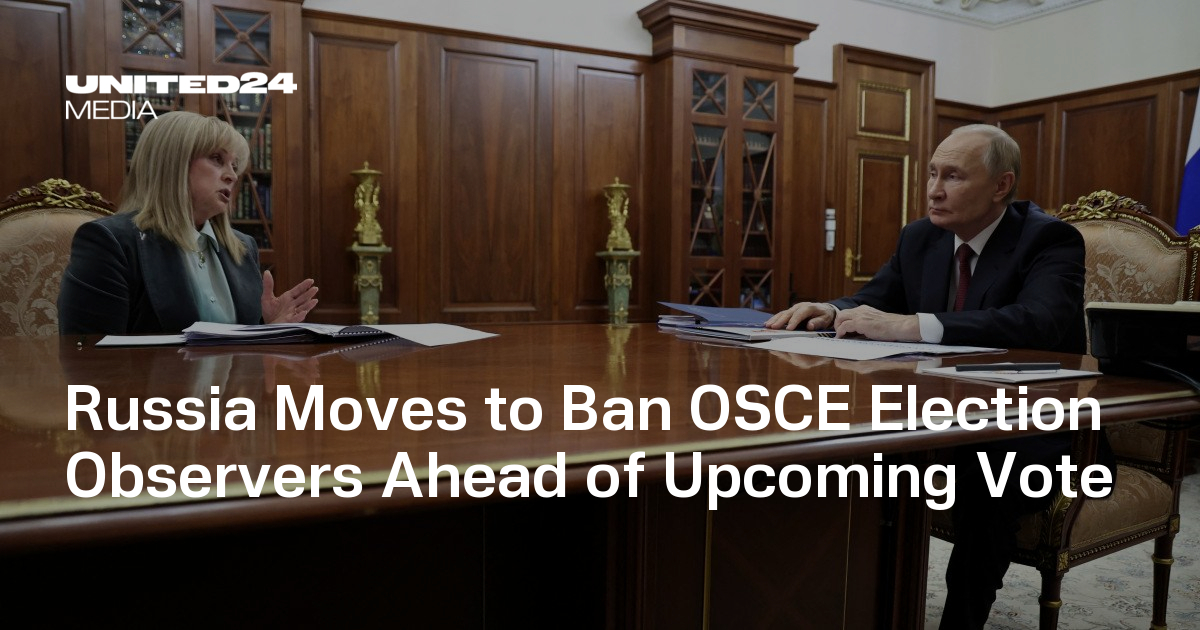Moldova Parliamentary Elections: A Battle Between Europe, Russia, and Neutrality
On Sunday, **September 28, 2025**, Moldova held parliamentary elections crucial to its pro-European trajectory. These elections are seen by observers as a choice between a European and a pro-Russian path, with unprecedented attempts by Russia to influence the outcome.
Voters elected 101 deputies to govern for the next four years. Moldova is a parliamentary republic, making this election vital to the country's direction. To gain a majority, a party needs 51 seats, with a 5% threshold for parties and 7% for blocs.
The Stakes: European Integration vs. Russian Influence
The current elections mark the first major campaign since last year's presidential election and EU membership referendum, which resulted in a victory for President Maia Sandu and her supporters of European integration. In the lead-up to the election, a rally in Chisinau showcased strong support for European values, with protesters accusing Russia of attempting to steal the elections and install pro-Kremlin politicians.
The ruling presidential party, PAS ("Action and Solidarity"), emphasizes its pro-European policies, with supporters chanting "Their weapon is money, your weapon is your vote!" However, opposition parties campaigned on a platform of neutrality, arguing against the country being drawn into a war.
Evidence of Russian Interference
In the days leading up to the election, Moldovan police and prosecutors uncovered evidence of unprecedented electoral interference, including vote-buying and disinformation directly linked to Russia. Authorities also exposed a plot to incite violent unrest, arresting dozens of men who had traveled to Serbia for training, including weapons handling.
Opposition parties dismiss allegations of Russian interference as a "political show," claiming the government is setting the stage to annul the vote if PAS loses its parliamentary majority. Despite these claims, Moldova has firmly turned towards EU membership and away from Moscow since Russia's full-scale invasion of Ukraine.
Key Players and Political Forces
Prime Minister Dorin Recean has described these elections as a "final battle" for Moldova. He accused Russia of spending the equivalent of 1% of Moldova's GDP to undermine the government through propaganda and disinformation. Ilan Shor, a Moldovan fugitive oligarch based in Moscow, is allegedly linked to a network of fake news publications targeting PAS.
While the Russian embassy in Great Britain denied involvement in fake news and electoral interference, it accused the EU of interfering in Moldovan elections. The PAS party, in its campaign, highlights the risks of Russian influence, promising EU membership within four years and significant European investment.
The View from the Ground
Many Moldovans seek better opportunities abroad due to economic hardships. The surge in energy prices following Russia's invasion of Ukraine has further strained the economy. While politicians promise much, some citizens lament the lack of resources for essential services like education.
The Patriotic Bloc, led by pro-Russian former President Igor Dodon, is the main opposition. Dodon has actively sought to restore relations with Russia and has photographs of Vladimir Putin in his office. He opposes sanctions against Russia and aims to secure Russian gas supplies to lower costs, viewing the conflict in Ukraine as the fault of "both sides."
Unprecedented Interference and Potential for Unrest
Moldovan police chief Viorel Cernauteanu described the Russian interference as "the most advanced campaign we have seen." He stated that Russia invested over $100 million in last year's presidential elections and has more than tripled that amount this year. Cernauteanu highlights the plot to instigate violent unrest, with over 100 individuals arrested for training in Serbia.
John Lough, from the Centre for New Eurasian Strategies (NEST), argues that Russia views Moldova as territory within its sphere of influence. A pro-Russian government in Moldova could complicate matters for Ukraine through the separatist region of Transnistria, where a Soviet-era arms depot and Russian troops are stationed.
Ukraine’s Shadow on Moldova’s Elections
The conflict in Ukraine has become a central theme, with pro-European and pro-Russian forces emphasizing the risks and opportunities presented by the war. President Sandu called on citizens to make a pro-European choice, highlighting the risks of Russian influence. Meanwhile, Igor Dodon accuses Sandu of trying to drag Moldova into the war and promotes neutrality.
Pro-Russian forces actively disseminate propaganda about the war, attempting to undermine support for Ukraine. They also spread disinformation narratives, such as claims that Western support for Ukraine will turn against Moldovans and that the war is a result of Western provocation rather than Russian aggression.
Russian Tactics and Geopolitical Implications
Russia has reportedly spent hundreds of millions of euros to bribe voters and influence the election results. This includes massive voter bribery, cyberattacks on critical state infrastructure, attempts to incite unrest, and an extensive online disinformation campaign. Moldova has become a "laboratory of influence" for Moscow, testing narratives and exploiting diaspora and religion.
While the results of the election will determine the future of the country, all signs point to it being a tight race. The next few days and weeks will be very telling for Moldova.
 Visit the website
Visit the website






